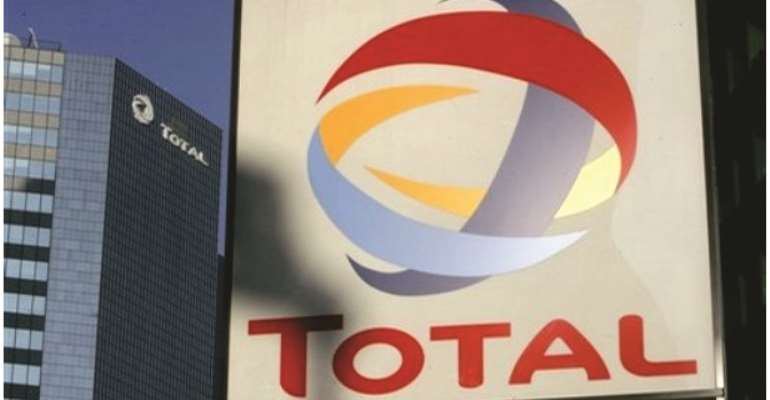Total Cuts Capital Spending And Output Target, Reassures On Dividend

French oil major Total has cut its capital and operating expenses again in response to low oil prices and trimmed its ambitious output growth targets but reassured the market that its dividend was safe.
The cost cutting deepens previous steps taken by Total to withstand the oil price rout and is similar to measures taken by rival majors. So far only Italian firm Eni has cut its dividend among oil majors, most of whom see the payout to shareholders as the chief factor supporting share prices.
“We cannot control the price of oil and gas but we can control our costs and allocation of capital,” Chief Executive Officer Patrick Pouyanne told investors in London on Wednesday.
Benchmark Brent oil futures were flat at $49 per barrel on Wednesday. Total’s stock was broadly unchanged.
Total said in a presentation to investors and media in London that it would reduce capex to $20-21 billion from 2016 and to $17-19 billion per year from 2017 onwards compared with $23-24 billion in 2015 and a peak of $28 billion in 2013.
It also said it will maintain its asset disposal target of $10 billion for 2015-2017.
“We wanted to dramatically reduce capex again next year so that we can reach the very important target of covering the dividend at $60 per barrel in 2017. This is the cornerstone of everything we are doing,” Chief Financial Officer Patrick de la Chevardiere told reporters.
“The break-even price is decreasing sharply. The objective is to by 2017 decrease the break-even price. To cover the existing dividend you need something like a $45/bl assumption by 2019,” de la Chevardiere said.
Total also raised the target of operating expenses reductions to $3 billion by 2017, from a previous target of $2 billion.
It said its production would grow by 6-7 percent per year between 2014-2017 and by an average of 5 percent a year between 2014-2019, effectively reducing its 2017 production target to 2.6 million barrels per day from the previous 2.8 million bpd.
“We lose about 200,000 bpd in comparison to the initial target. About 100,000 bpd come from projects which are facing some delay. An additional 100,000 bpd is due to the lower capex program,” de la Chevardiere told reporters.
He also said the company has slightly adjusted redistribution of capital expenses with refining or downstream now getting a slightly bigger proportion — 25 percent of total capex versus 20 percent previously.
Production or upstream will get a slightly smaller proportion, 75 percent of capex versus 80 percent previously.
Oil majors’ refining business has outperformed in the past few quarters as low oil prices increased profitability. By contrast, upstream has underperformed.
REUTERS
